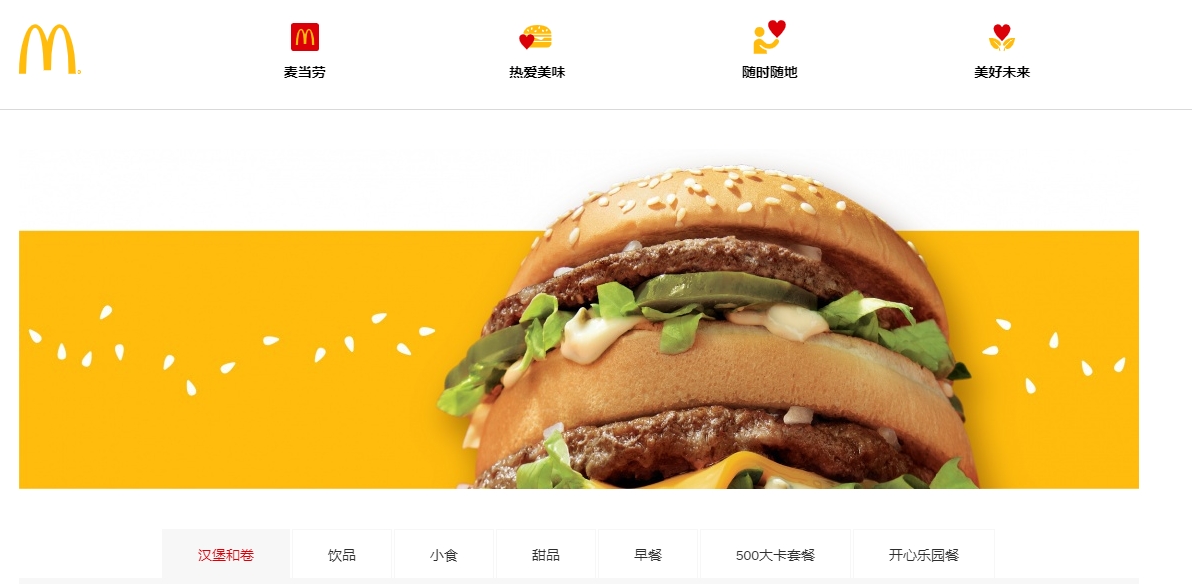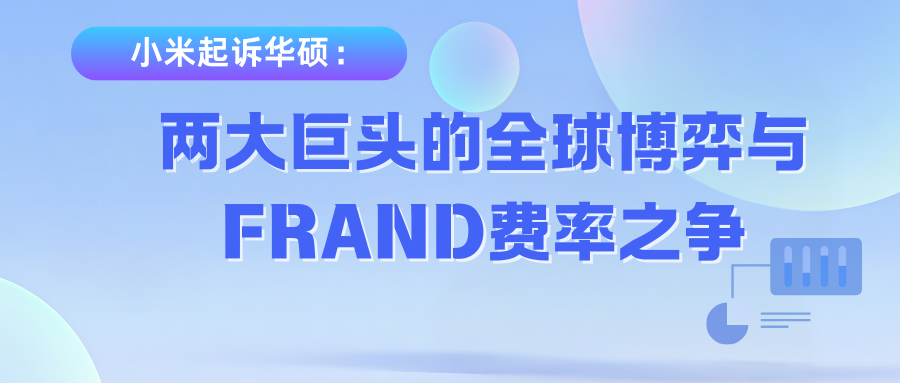Unauthorized Use After License Expiration: The Palace Museums Legal Victory and Compensation Award
In recent years, with the booming tourism and cultural economy, many cultural sites have been committed to developing and enhancing their IPs. The Palace Museum has combined ancient cultural relics with modern life, designing and launching a series of “blockbuster” cultural and creative IP products themed around the history and culture of the Forbidden City. Recently, the Palace Museum sued a former corporate partner from Sichuan for unfair competition, demanding joint compensation of 20 million yuan in economic losses and over 110,000 yuan in reasonable expenses, as well as public clarification to eliminate negative impacts. This case has attracted considerable attention.
The case originated in July 2010 when the Palace Museum signed a supervision contract with Sichuan Gugong Company, stipulating that the Palace Museum would oversee the packaging design and product promotion of Sichuan Gugong’s “Gugong” series of products from August 2010 to July 2013. In 2014, the Gugong Cultural Center signed another cooperation agreement with Sichuan Gugong Company, involving the development, production, and sales of the “Gugong” series of products. The contract specified that the cooperation would last until May 31, 2015, and Sichuan Gugong Company confirmed that any actions involving the name of the Gugong Cultural Center required written permission.
After their cooperation expired in 2016, Sichuan Gugong Company signed an exclusive online sales cooperation agreement with Jinmin Hongda Company. Sichuan Gugong provided the “Gugong” series of products, while Jinmin Hongda was responsible for the exclusive online sales of the brand and products on a certain e-commerce platform, as well as for setting up the online store and marketing promotion. The Palace Museum argued that Sichuan Gugong Company and Jinmin Hongda Company used the phrase “Supervised by the Palace Museum” on their products without authorization, which damaged the commercial and cultural value of the Palace Museum and constituted unfair competition. Consequently, the Palace Museum sued both companies in the Shijingshan District People’s Court of Beijing.
The court ruled that the cooperation contract between the plaintiff and the defendant had expired, yet the defendant continued to use the name and publicity of the Palace Museum without authorization and entered into a cooperation agreement with the second defendant. The court found that the involved actions constituted unfair competition. Therefore, it ordered the two defendant companies to compensate the plaintiff with a total of 3.84 million yuan for economic losses and reasonable expenses, and to publish a statement to eliminate the negative impact of the unfair competition on the plaintiff. Both defendants appealed the decision to the Beijing Intellectual Property Court.
During the second - trial period, Sichuan Gugong Company claimed that the Palace Museum and the Gugong Cultural Center had a parent - subsidiary relationship and essentially represented the Palace Museum in external cooperation. It also argued that it did not participate in the publicity or sales of the involved online store and had no intention of joint infringement with Jinmin Hongda Company. Jinmin Hongda Company stated that it had fulfilled its due diligence in reviewing the allegedly infringing products and requested a retrial to absolve it of compensation liability.
The Beijing Intellectual Property Court ruled as follows:
-
The Gugong Cultural Center and the Palace Museum are two separate corporate entities. The cooperation contract signed with Sichuan Gugong Company did not authorize the use of “Supervised by the Palace Museum” or “Palace Museum.”
-
After the cooperation with the plaintiff expired, the defendant continued to mark its products with “Supervised by the Palace Museum” without authorization. This action inevitably misled the public into believing that there was a close connection or cooperative relationship between the products and the plaintiff. It clearly constituted an attempt to gain an unfair competitive advantage and commercial benefits by leveraging the Palace Museum’s reputation, causing damage to the plaintiff’s reputation and business interests.
-
Jinmin Hongda Company claimed to have reviewed the authorization documents but failed to provide evidence of such review. It was clearly at fault and should bear joint liability for compensation. However, considering factors such as the profit margin of the infringing products in the liquor industry and the impact of the involved imitation and false advertising on sales, the court decided to modify the judgment and ordered the two defendants to jointly compensate the plaintiff with a total of 3.56 million yuan for economic losses and reasonable expenses.
The contract stipulated that the supervision content included product packaging design and product promotion. The Palace Museum’s reputation was licensed to the manufacturing enterprise through the supervision contract, which essentially was an authorization of intangible assets. Continuing to use it after the expiration of the authorization period constitutes unauthorized use beyond the scope of the license, which will inevitably harm the interests of the licensing party and may even cause the public to be confused or misled.


